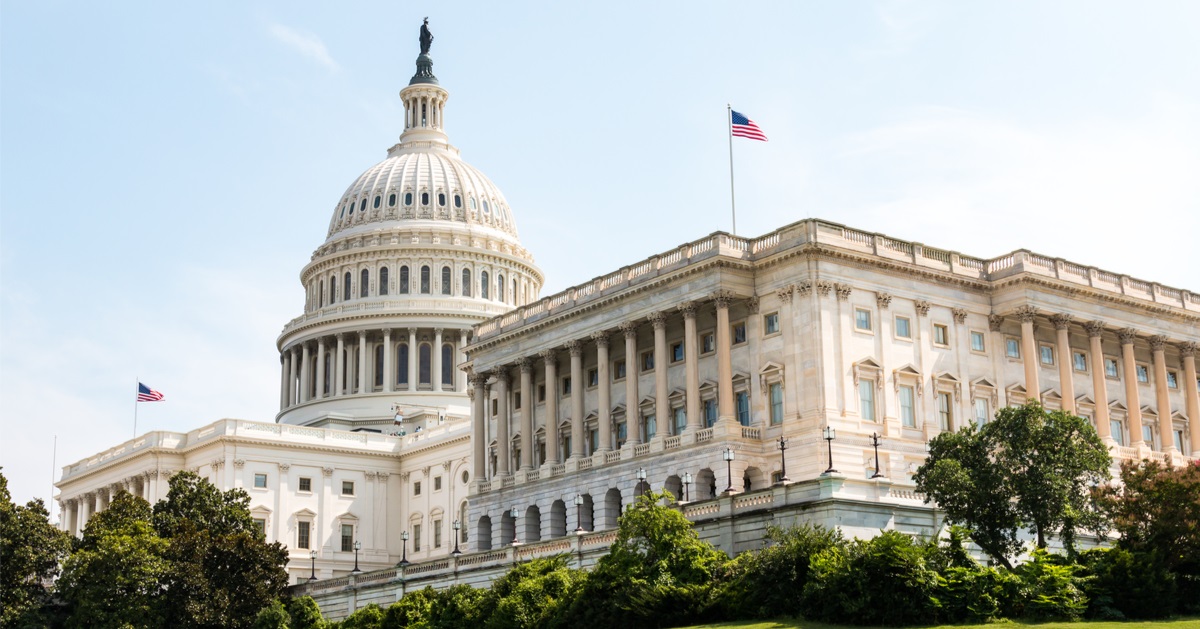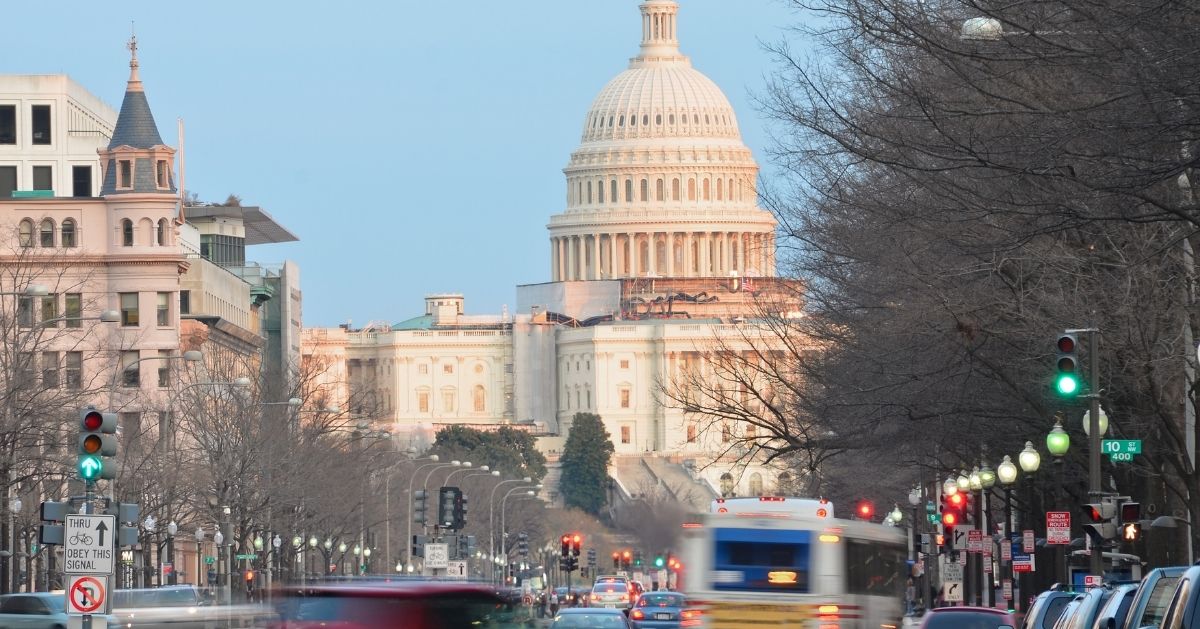Justice Alito halts ruling against Texas congressional map
Hold onto your hats, folks—Supreme Court Justice Samuel Alito just threw a lifeline to Texas’ embattled redistricting plan with a last-minute stay that keeps the new congressional map in play, ABC News reported.
In a nutshell, Alito’s temporary administrative stay blocks a lower court’s decision that would have scrapped Texas’ mid-decade redistricting effort, a plan critics call racial gerrymandering but supporters see as a fair shot at strengthening Republican representation in the House.
Let’s rewind to earlier this week when a lower court, led by District Court Judge Jeffrey Brown, dropped a 160-page bombshell ruling that invalidated the new map.
Lower Court Strikes Down Texas Map
Brown’s opinion pulled no punches, finding “substantial evidence” that Texas had engaged in racial gerrymandering to redraw district lines.
Texas, predictably, pushed back hard, arguing the ruling ignored legislative good faith and muddled the line between political strategy and racial bias.
The state insisted that tossing the map so close to candidate filing deadlines would unleash pure chaos, with campaigns already in motion.
Texas Pleads for Supreme Court Intervention
Fast forward to Friday evening, when Texas Governor Greg Abbott and state attorneys rushed an emergency petition to the Supreme Court, begging for relief.
Less than an hour later, Justice Alito stepped in with his stay, preserving the status quo without tipping his hand on why he acted.
This isn’t a final verdict, mind you—it’s just a pause button to let the high court mull over the messy details of this dispute.
Chaos Looms if Map Is Blocked
Texas warned in its filing, “The chaos caused by such an injunction is obvious: campaigning had already begun, candidates had already gathered signatures and filed applications to appear on the ballot under the 2025 map, and early voting for the March 3, 2026, primary was only 91 days away.”
That’s a fair point—upending the map now would be like changing the rules mid-game, leaving candidates and voters scrambling.
Yet, critics of the plan, backed by Judge Brown’s findings, argue it’s a deliberate attempt to dilute minority voting power, tied to a Trump-era Department of Justice request fixated on racial demographics.
Partisan Gain or Racial Bias?
On the flip side, dissenting Judge Jerry E. Smith offered a sharp counter, writing, “The most obvious reason for mid-cycle redistricting, of course, is partisan gain,” not deliberate racial animus.
Smith’s take cuts to the heart of a conservative frustration: why assume the worst when political map-drawing has always been a rough-and-tumble game of strategy?
While the debate rages, the Supreme Court has ordered plaintiffs to respond by Monday at 5 p.m., setting the stage for a showdown over whether Texas’ map will stand for the 2026 midterms—or get redrawn under a cloud of legal scrutiny.






